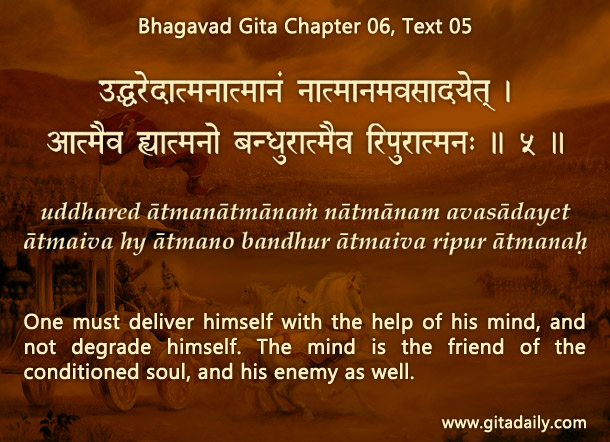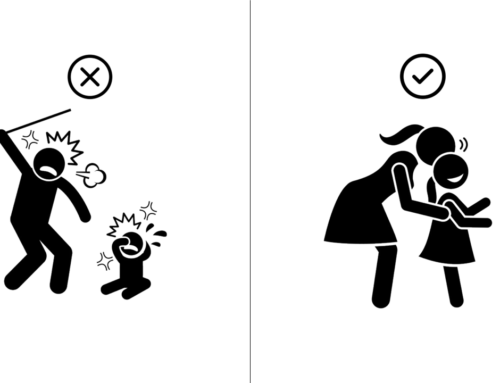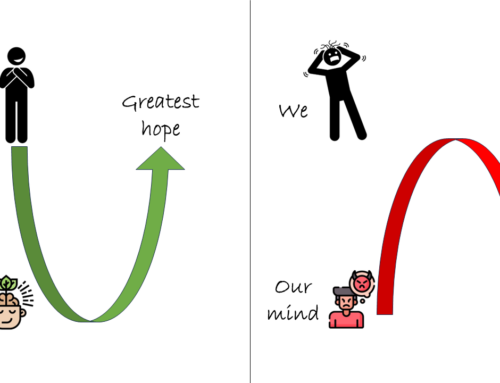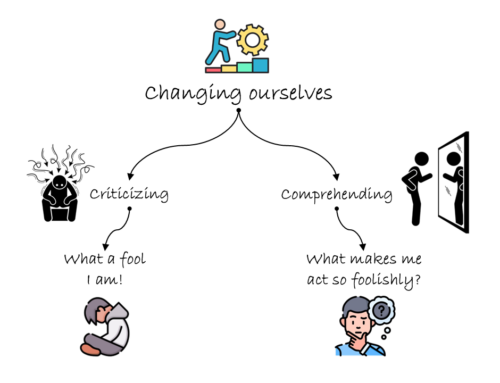Suppose we suddenly feel hungry. Nearby, we might have some snacks – some fatty, some non-fatty. If we consciously contemplate what we are doing, we will remember our resolve to lose weight. Of course, even after we remember our resolve, we may still have to battle the tempting fatty snack. But if we don’t even realize that our hand has gone to that snack and placed it in our mouth, we end up losing the battle even before we can fight.
What makes us take such unconscious, unhealthy decisions? It is our mind, which often acts as our enemy, as the Bhagavad-gita (06.05) indicates.
How can we avoid such decisions? Firstly, by making those decisions more difficult by creating obstacles and delays. For example, we can avoid keeping fatty snacks nearby, thereby necessitating some effort to get that snack. The ensuing delay may well be enough time for the mind’s spell on us to break and for us to realize what we are doing.
Secondly, we can cultivate greater self-awareness by practicing meditation. When our attention wanders even when we want to focus, we realize that the mischievous mind is at work. If we invest effort in re-focusing the mind, that investment increases our overall level of inner alertness. Such alertness helps us detect and reject the mind when it underhandedly foists its decisions on us.
Thirdly and most importantly, we can work at changing our mind’s definition of pleasure. Bhakti-yoga centered on cultivating devotional remembrance of the highest spiritual reality, Krishna, gives us sublime fulfillment. Diligent practice of this yoga of love helps the mind realize that spiritual contemplation brings far greater satisfaction than sensual gratification. When the mind’s definition of pleasure is thus revised, it prompts us towards healthy decisions – not just in eating, but also in living at large.
To know more about this verse, please click on the image
Explanation of article:
Podcast:





HK
Beautifully explained!! Mind indeed can b greatest enemy or friend if trained well!!
Thanks a lot?